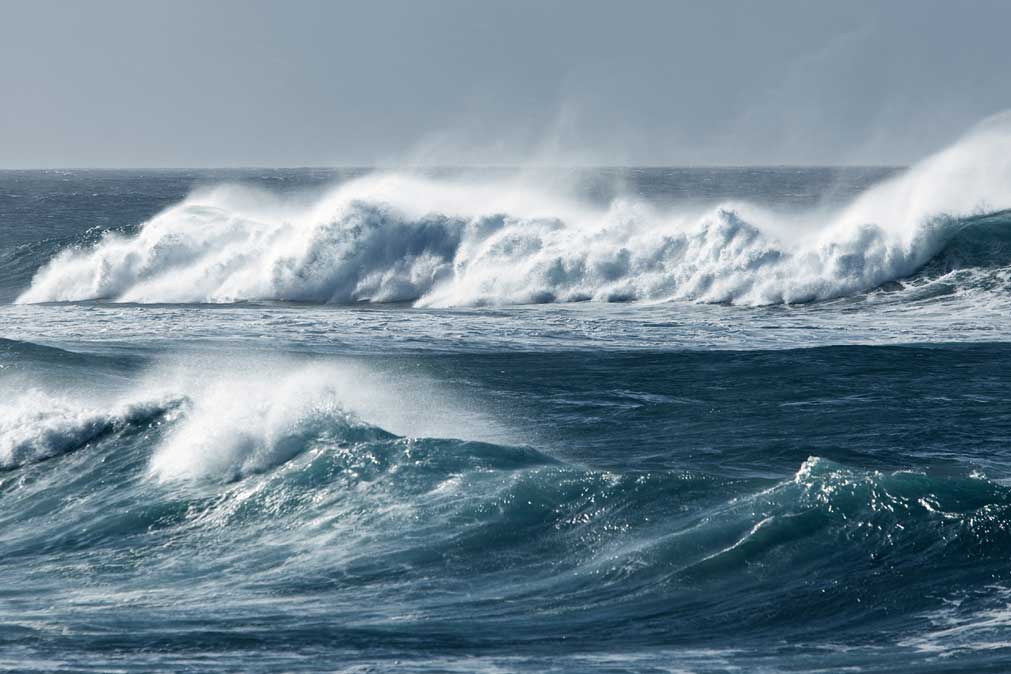NECCTON News December 2025
NECCTON News | December 2025 is out now NECCTON is entering a key phase, with nearly 30 new marine ecosystem products now being validated — spanning fisheries, pollution, benthic habitats, biogeochemistry, and climate risk. This issue highlights major scientific advances, new AI-driven tools, climate and ecosystem projections, and how NECCTON is strengthening the Copernicus Marine Service to ...
Learn more
